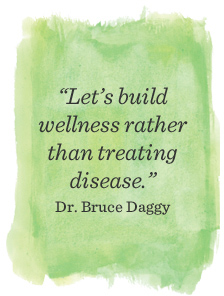In our previous articles we have been expanding on the full breadth of communication through the acronym BEST. We have noted this is a prescription written by Dr. Ed Wheat, M.D. in his book Love Life for Every Married Couple for attaining and maintaining Great Communication: Bless, Edify, Share and Touch. The principles we have expounded extend to every relationship where communication is involved.
Today we look at the T in BEST: Touching.
Appropriate touching is as vital in good communication as speaking and listening. In-appropriate touching, in the course of communication, is detrimental to good communication in all levels of relationships.
Dr. Wheat points out, “God created us with hundreds of thousands of microscopic nerve endings in our skin designed to sense and benefit from a touch.”
These same microscopic nerve endings can be stimulated by sounds. An indeterminate sound can cause cold chill bumps and other surface skin reactions. Words of approval and dis-approval can bring about changes to the surface of our skin temperature from hot to cold.
As human infants, it pleased God that we should lay languishing for days, weeks, months and years totally incapable of providing our basic needs in life for survival. Care givers primary sources of communicating love to infants are through speaking to them while touching them.
Our need for a caring touch is normal, healthy and natural. We will never outgrow it. But in-appropriate touching as a part of communication can squelch one’s desire to be touched but not curtail one’s need to be touched.
Touching is a factor often overlooked in seeking a balance in communication. It takes practice to touch someone when they need it the most both physically and verbally.
In a recent session we noted that Lawrence J. Crabb in his book, The Marriage Builder, pointed out that words do one of three things:
Words can give life.
Words can do nothing.
Words can give death.
To employ these thoughts observe peoples actions and reactions to the words you speak and the tone in which you speak them. How are you personally touching people through communication?
Next Time: We can change our actions faster than we can change our feelings.






